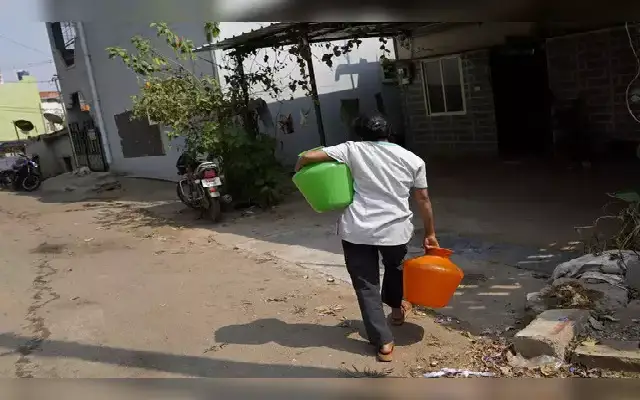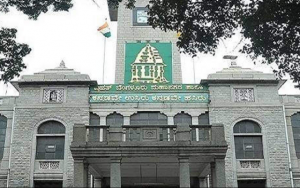In Bengaluru, Karnataka, discussions surrounding the utilization of treated wastewater have sparked debates and raised questions about its viability as a sustainable water source. Despite scientific evidence supporting its safety and potential benefits, psychological barriers persist among residents, hindering widespread acceptance and adoption.
Scientific Viability of Treated Wastewater
In 2016, the Centre for Ecological Sciences (CES) at the Indian Institute of Science, Bengaluru, proposed a solution for the city’s water scarcity issues. Their technical report suggested that a significant portion of Bengaluru’s water needs could be met by treating sewage water, alongside rain yield. This approach, however, requires overcoming societal perceptions and misconceptions surrounding treated wastewater.
Challenges in Acceptance
Apartment owners at Emmanuel Heights in Hosa Road, Sarjapur, faced resistance when proposing the installation of a sewage treatment plant. Many residents were hesitant to utilize treated water even for non-drinking purposes, reflecting prevalent concerns about its cleanliness and safety.
Advocacy for Treated Wastewater
Water conservancy expert S Vishwanath advocates for the consumption of treated wastewater, emphasizing the scientific validation of its safety. Despite advancements in wastewater treatment technology, societal reluctance persists, driven by ingrained perceptions of sewage as inherently unclean.
Efforts Towards Acceptance
Recent initiatives, such as Boson White Water, a firm specializing in converting wastewater into potable water, have faced mixed reactions. While some recognize the potential of treated wastewater as a solution to Bengaluru’s water shortage crisis, others express revulsion at the idea of consuming water once deemed sewage.
Path Forward
Vishwanath underscores the need for education and awareness to dispel misconceptions surrounding treated wastewater. Projects like the Koramangala-Challaghatta (KC) Valley project demonstrate the successful utilization of treated wastewater to replenish lakes and support agricultural activities.
Potential Impact
Studies indicate positive outcomes from using treated wastewater, including increased groundwater levels and improved agricultural yields. Despite initial apprehensions, communities have experienced tangible benefits from adopting treated wastewater practices.
Conclusion
Overcoming psychological barriers is essential to harnessing the full potential of treated wastewater in Bengaluru. Through education, advocacy, and evidence-based initiatives, the city can transition towards sustainable water management practices, reducing its dependence on rainwater and promoting resilience in the face of water scarcity challenges.

















